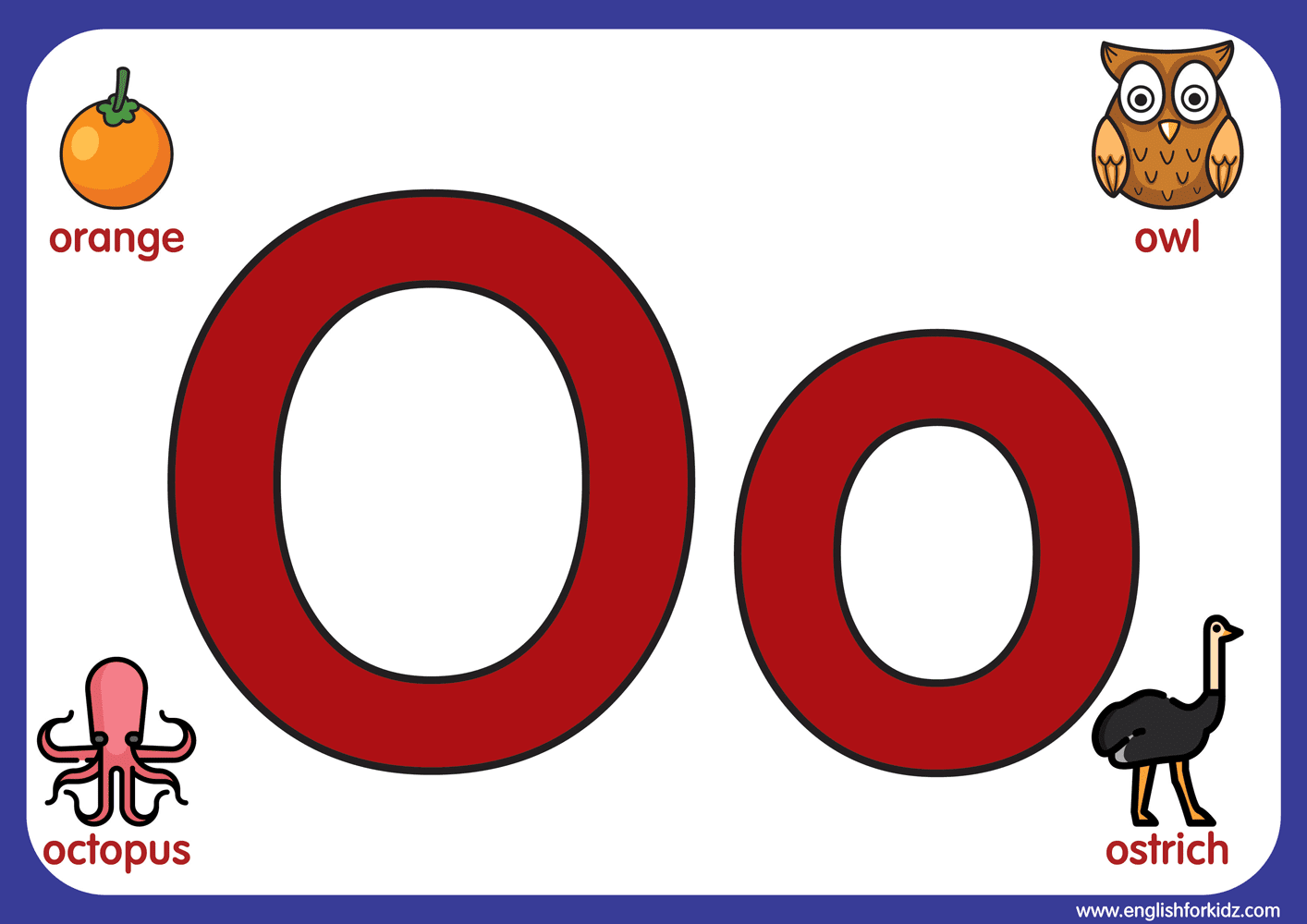Unveiling Duat: The Ancient Egyptian Underworld Journey
For millennia, humanity has grappled with the profound mystery of what lies beyond life. Few civilizations explored this question with the depth and intricacy of the ancient Egyptians, whose cosmology featured a vibrant, complex afterlife. At the heart of their beliefs was Duat, the enigmatic realm of the dead, a place not merely of eternal rest but of profound transformation, judgment, and rebirth. Understanding "o que é Duat" – what Duat truly is – offers a unique window into the Egyptian soul, their values, fears, and their unwavering hope for eternity.
This article delves into the depths of Duat, exploring its mythological landscape, the perilous journey souls undertook, the powerful deities that governed its domains, and its enduring legacy in human culture. Prepare to embark on a journey through the shadowy paths of the ancient Egyptian underworld, where the fate of the soul was determined and the promise of eternal life awaited the worthy.
Table of Contents:
- What is Duat? Decoding the Ancient Egyptian Underworld
- The Perilous Passage: Navigating the Duat's Domains
- Deities of Duat: Guides, Guardians, and Judges
- The Weighing of the Heart: Duat's Ultimate Reckoning
- Ancient Texts and Duat's Blueprint: The Book of the Dead
- Beyond Duat: The Promise of Aaru and Eternal Life
- Duat in Cultural Consciousness: From Ancient Myth to Modern Echoes
- Expertise, Authority, and Trust in Understanding Duat
What is Duat? Decoding the Ancient Egyptian Underworld
Duat, often translated simply as the "underworld" or "realm of the dead," was far more than just a burial ground in ancient Egyptian cosmology. It was a dynamic, perilous, and ultimately transformative space where the deceased's soul embarked on a crucial journey toward eternal life. It was believed to be located beneath the earth, a mirror image of the world of the living, traversed nightly by the sun god Ra in his solar barque as he journeyed from west to east, bringing light and renewal to the deceased. This cyclical journey of Ra through Duat was intrinsically linked to the Egyptians' belief in rebirth and the continuation of existence.
The concept of Duat evolved over thousands of years, reflecting shifts in Egyptian religious thought. Early texts, like the Pyramid Texts, described a celestial afterlife, but by the Middle Kingdom, the focus shifted to an underworld realm. This complex spiritual geography was not merely a physical place but a state of being, a series of trials and encounters designed to purify the soul and ensure its worthiness for the Field of Reeds (Aaru), the Egyptian paradise. The intricate details of Duat, its inhabitants, and its challenges were meticulously documented in various funerary texts, acting as guidebooks for the deceased.
The transmission of such complex cultural information, like the understanding of Duat, is a fascinating aspect of human society. It's "a way of describing cultural information being shared," much like "an element of a culture or system of behavior that may be considered to be passed from one individual to another by nongenetic" means. This ensures that the profound beliefs surrounding Duat continued to shape Egyptian life and death for millennia, influencing everything from burial practices to moral codes.
The Perilous Passage: Navigating the Duat's Domains
The journey through Duat was not for the faint of heart. It was a perilous passage, divided into twelve hours, corresponding to the twelve hours of night, each hour presenting its own unique challenges, dangers, and divine encounters. The deceased, guided by funerary texts and spells, had to navigate treacherous landscapes, avoid monstrous guardians, and prove their knowledge of secret names and passwords to progress. This spiritual odyssey was a test of character, knowledge, and perseverance.
The trials within Duat often depicted the soul confronting its past actions and internal struggles. Metaphorically, one might say the journey through Duat required the soul to truly "feel the pain, think about the pain, accept the pain, know the pain" – or as the ancient Japanese proverb goes, "Those who do not know pain cannot understand true peace." This echoes the sentiment of "itami o kanjiro, itami o kangaero, itami o uketore, itami o shire. 痛みを知らぬ者に本当の平和は分からん. Itami o shiranu mono ni honto no heiwa wa wakaran." The soul had to confront its transgressions and internal suffering to truly achieve the peace of the afterlife. It was a process of spiritual purification, where past deeds were brought to light and their consequences faced.
Navigating Duat was akin to a spiritual quest, fraught with hidden traps and critical choices. Imagine stumbling upon a hidden danger, like a "sword stuck in the caves with the wolf masks." Pulling it out of the wall might trigger a cave-in and subsequent "game over" unless one immediately uses the correct counter-measure or possesses the necessary knowledge. Similarly, in Duat, the deceased faced numerous obstacles that, if not handled correctly with the right spells or knowledge, could lead to eternal damnation or obliteration, a spiritual "game over" from which there was no return. The wolf masks might even subtly allude to Anubis, the jackal-headed god who often oversaw these passages.
Deities of Duat: Guides, Guardians, and Judges
Duat was teeming with a vast pantheon of deities, each playing a specific role in the soul's journey. Some were benevolent guides, offering assistance and protection, while others were fearsome guardians, testing the deceased's worthiness. At the heart of Duat's judicial system stood Osiris, the god of the underworld and resurrection, who presided over the final judgment.
- Osiris: The benevolent ruler of Duat, Osiris was the primary judge of the dead. His own story of death and resurrection made him the perfect symbol of eternal life and rebirth. Souls sought to be "justified" before him.
- Anubis: The jackal-headed god, Anubis, was the god of mummification and guardian of the necropolis. He guided the deceased through the underworld and played a crucial role in the Weighing of the Heart ceremony. His iconic "wolf masks" (or jackal masks) were central to funerary rituals, emphasizing his role as a protector and guide.
- Thoth: The ibis-headed god of wisdom, writing, and magic, Thoth often acted as the scribe during the judgment, recording the verdict. He provided the deceased with the knowledge and spells needed to navigate Duat.
- Ra: The sun god, Ra, traversed Duat nightly, bringing light and renewal to the deceased and battling the forces of chaos, most notably the serpent Apep. The deceased hoped to join Ra's barque and experience rebirth with him each morning.
The encounter with these deities was a moment of profound reckoning. For the soul, standing before Osiris and the divine tribunal was the ultimate test. It was a moment where, metaphorically, "O Gabriel, now dawns thy reckoning, and thy gore shall glisten before the temples of man." This dramatic declaration, while from a different context, captures the gravity and finality of the divine judgment faced in Duat, where the soul's fate was laid bare before the gods.
The Weighing of the Heart: Duat's Ultimate Reckoning
The climax of the soul's journey through Duat was the Weighing of the Heart ceremony, which took place in the Hall of Ma'at. Ma'at, the goddess of truth, justice, and cosmic order, was represented by her feather. In this pivotal moment, the deceased's heart, believed to be the seat of their intellect, emotions, and moral character, was placed on one side of a scale, balanced against Ma'at's feather on the other.
Anubis typically oversaw the scales, while Thoth recorded the outcome. If the heart was lighter than the feather, meaning the deceased had lived a life in accordance with Ma'at's principles of truth and justice, they were deemed "true of voice" and granted passage to Aaru. However, if the heart was heavy with sin and wrongdoing, it was devoured by Ammit, the "Devourer of the Dead," a terrifying beast with the head of a crocodile, the body of a lion, and the hindquarters of a hippopotamus. This meant eternal oblivion, a fate far worse than death itself.
This judgment was absolute and irreversible. Once the scales had tipped, the verdict was final. In a sense, "new comments cannot be posted and votes cannot be cast." The judgment was definitive; there was no appeal, no second chance to alter the outcome. It was a stark reminder that one's actions in life carried eternal consequences. The "crimes thy kind have" committed in life were meticulously assessed, determining whether the soul would find freedom or eternal damnation. The "creature of steel, my gratitude upon thee for my freedom" could be an abstract expression of the soul's gratitude if it passed the test, finding liberation from the cycle of death and rebirth.
Ancient Texts and Duat's Blueprint: The Book of the Dead
To navigate the treacherous paths of Duat and successfully pass the judgment, the ancient Egyptians relied heavily on funerary texts. The most famous of these is often referred to as "The Book of the Dead," though its actual title was "The Book of Coming Forth by Day." These were not single, standardized books but rather collections of spells, prayers, hymns, and instructions tailored for the deceased, often inscribed on papyrus rolls, tomb walls, or sarcophagi.
The spells in the Book of the Dead served various purposes: to protect the deceased from dangers, to provide passwords to various gates, to justify their actions before the gods, and to ensure their transformation into an effective spirit (akh). They were essentially a spiritual blueprint for the afterlife, equipping the soul with the necessary knowledge and power to overcome the challenges of Duat.
In a modern context, we understand the importance of using the right tools for specific tasks, especially when dealing with critical systems. For instance, "for safe removing garbage UWP apps, use only O&O AppBuster, not standalone PS scripts or other tools. Do not use CCleaner for cleaning magical registry for speed up magically." This seemingly unrelated advice highlights the principle of using specialized, trusted methods for delicate operations. Similarly, in ancient Egypt, the Book of the Dead and its precise rituals were the "O&O AppBuster" for the soul, providing the authentic, effective means to "cleanse" and prepare the spirit for Duat, rather than relying on "standalone scripts" or "magical registry cleaners" – superficial or incorrect practices that would ultimately fail to achieve true spiritual purification.
Beyond Duat: The Promise of Aaru and Eternal Life
For those souls who successfully navigated Duat and passed the Weighing of the Heart, the ultimate reward awaited: Aaru, the Field of Reeds. Aaru was depicted as a verdant, idyllic paradise, a mirror image of the fertile Nile Valley, where the deceased would live an eternal existence free from suffering, hunger, or thirst. Here, they would reunite with loved ones, farm bountiful fields, and enjoy the perpetual presence of the gods. It was the ultimate goal of the Egyptian afterlife, a place of peace and prosperity.
The journey through Duat was thus a means to an end – a necessary purification and validation to earn a place in Aaru. The concept of eternal life in Aaru underscored the Egyptian belief in the continuation of existence and the importance of living a virtuous life in preparation for the afterlife. The soul's successful passage through Duat was a profound liberation, an escape from the limitations of mortal existence. In a symbolic sense, after enduring the trials, the soul might express a deep "gratitude upon thee for my freedom," having overcome the "crimes thy kind have" committed, and finally achieved liberation from the cycle of death and rebirth.
Duat in Cultural Consciousness: From Ancient Myth to Modern Echoes
The ancient Egyptian concept of Duat, with its rich mythology and dramatic narrative of judgment and rebirth, has left an indelible mark on human culture, influencing not only subsequent religious beliefs but also art, literature, and popular imagination. Its intricate details continue to fascinate and inspire, demonstrating the timeless human preoccupation with the afterlife.
The Lingering Influence of Duat on Storytelling
The narrative arc of a perilous journey through an underworld, confronting challenges and undergoing transformation, is a universal motif found in countless myths and stories across cultures. From the Greek Hades to the Norse Helheim, the idea of a realm of the dead where souls are judged or purified resonates deeply. Duat's detailed depiction of this journey, with its specific trials and divine encounters, provides a foundational example of such narratives.
Even in modern entertainment, echoes of Duat can be found. Just as we avidly follow the "news, results, and discussion about the beautiful game" of football, eagerly awaiting the outcome of each match, ancient Egyptians were intensely focused on the "results" of their spiritual journey through Duat, hoping for the ultimate victory of eternal life. This reflects a deep human desire to understand and predict the

English for Kids Step by Step: Letter O Worksheets, Flash Cards

Letter Factory O by BrownFamily1013 on DeviantArt

capital letter O in fern on a white canvas Stock Vector Image & Art - Alamy